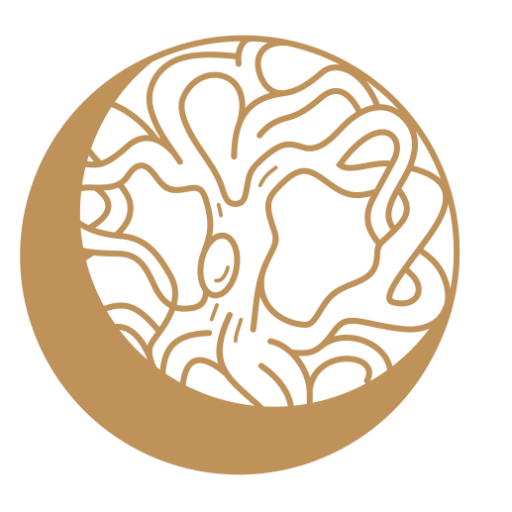What happens when one of the most fertile basins of the world, its highest mountain ranges, one of the oldest cradles of human civilization and one of the most significant crossroads of human history all come together to form a nation state? One gets one of the most diverse of nations in one of the most ancient of lands, one gets Pakistan and Pakistanis.
It is indeed true that the nascent state of Pakistan, wedged awkwardly between Central
and South Asia, is situated on one of the most historic regions of human history. But is
Pakistan really nascent and is its physical entity truly fashioned awkwardly? Is the land
that forms Pakistan really an awkward conglomeration of multiple differing regions only put together due to the whims of some 20 th century Muslim leaders? Is it really as
fragmented physically as it is perceived historically? And has there ever existed an entity that boasted semblance of any sort to the 70 year old state currently standing crammed between the Eurasian and Indian Tectonic plates?
These are questions seldom answered and even seldom asked, and therein lies the problem that has been plaguing the inhabitants of the country in regards to their history. The inability of the people of Pakistan in inquiring and answering these queries has only but prompted the world to create it’s own version of the history of the country. This has been a truly devastating occurring for the people of Pakistan for not only do foreigners view the country as a 70 year old nascent state with not even atom’s weight of a relationship with its history and heritage preceding 1947, but the country’s own people have also fostered this narrative. The inefficiency at being true to our own roots has splintered off into a narrative that Pakistan has unnatural geographical confines and that it is, at least on geographic terms, an unorthodox union. This has been the biggest hurdle in the way of Pakistan achieving national integration and forming a homogenous identity. For too long our
stories have been uttered by others for us, this is an effort which serves to change this trend.
The state of Pakistan runs along the river Indus and except a few chosen parts, the area
of the country falls entirely under the Indus region i.e. the basin of the Indus river and
it’s ever branching tributaries. The antiquity of the Indus River Basin is about as old as
the dawn of civilization itself. Although Human movements in the region are attested to have been some 65,000 years ago in the Southern Coastal Movements and Pre-Historic sites range from as far as 40,000 year old Paleolithic Soan Culture in Punjab to the 9000 year old Neolithic Mehrgarh Culture in Balochistan, the continuous saga of it’s history is charted from the 5000 year old Indus Valley Civilization. It is also of prime importance because it is here that for the first time a homogenous civilization covers the Indus valley and for the first time a name is given to the region; the name Meluhha. With the saga of invasions and migrations, this name shall alternate with another cognitive name which shall alternate with another cognitive name, and that with another. Many entities shall give the basin names to signify of its homogeneity as a region. The Vedic tribes would bisect it intoSindhu and Sapta Sindhu. It shall be from this name Sindhu that the cognates would derive for the next 3000 years. The Achaemenid Persians shall refer to it as Hindush, the Macedonians as Indos, the ancient Greeks as Indika, The Chinese as Tianzhu, The Hebrews as Hoddu, the Arabs as Al – Sindh, the later Persians as Hind and Hindustan and even the British shall try to give a separate name to the country of the Indus river by referring to these regions as ‘Sindetic Hindoostan’. Most of these names were employed and subsequently lost and replaced in their own eras and the last such happening was in the colonial periods. What would appear after the 90 years of subjugation of the Indus basin under colonial rule would be a state named Pakistan. Its name being an acronym of the 5 regions which form the Indus Basin.
The Indus Tales are the forgotten portions of the heritage of the Indus basin and its
inhabitants. The unbroken saga of thousands of years of history that sits silently in our
lands waiting to be rediscovered. I shall be narrating many such lesser known parts of our history and heritage here.
